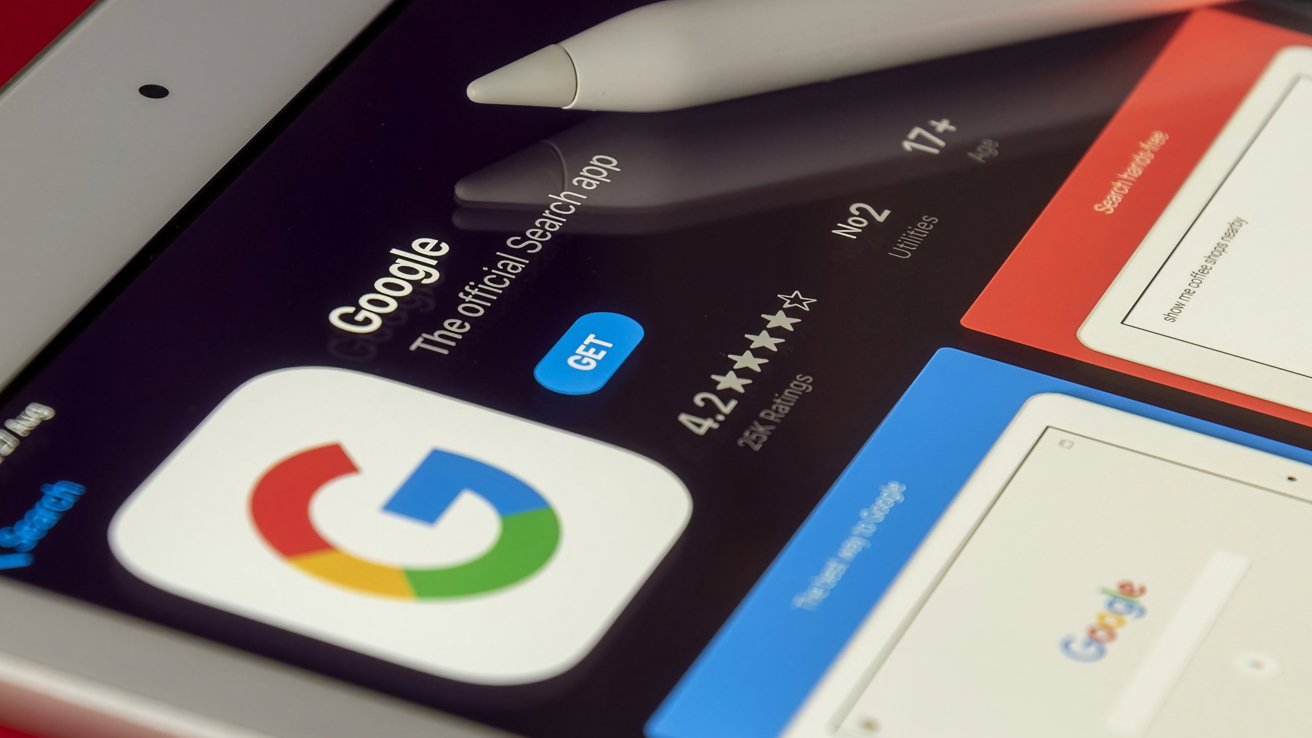Court filings show that Google feared losing revenue to an Apple-made rival and did what it could to stop it by establishing limits on what it could do as a part of the company’s deal to stay on iOS.
Apple has played a key role in the Department of Justice’s (DOJ) antitrust case against Google. While not a defendant, Apple executives were called as witnesses — despite the company’s objections — and much of the case centers on the deal between Google and Apple.
That deal concerned Apple agreeing to have Google be the default search engine in iOS, and therefore on all iPhones. It’s an agreement that has allegedly meant Google paying Apple as much as $20 billion annually.
According to The Information, Google executives became concerned in 2014 that Apple was directing users online without going through Google. Specifically, Safari was suggesting sites to users, which they could then go to directly.
“We are trying to build a structure that prevents them from diverting queries and destroying value,” wrote Google executive Daniel Alegre, in an internal email from June 2016 email.
Reportedly, a slide deck revealed by the DOJ in court showed a forecast revenue hit from this feature. Then in 2016, when it was time to renew the deal, Apple agreed to keep its own search “substantially similar” to how it was then, rather than keep expanding the feature.
An August 2018 internal email appears to substantiate this. Joan Braddi, a Google executive in charge of search partnerships, wrote that the updated deal allowed Apple to offer “Siri suggestions,” but in a specific, limited way.
Apple could do this, wrote Braddi, “exclusively for quality and not because they want to drive traffic to Siri.”
Apple hasn’t refused to make ‘Apple Search’
The Information posits that this agreement is why the so-called “Siri suggestions” feature of iOS has only been incrementally updated. And then despite Apple having acquired search technology startups, and then former Google search executive John Giannandrea in 2018.
Giannandrea was one of the Apple witnesses called to the trial, and his statements claimed that Siri suggestions have expanded.
“Our general approach is we think users of our devices are seeking answers,” he said, “and so if we can provide the answer, we will do that rather than sending them off to a general search engine.”
Giannandrea also stated that Apple has never agreed that it would not develop its own Google rival. However, also during the trial, Apple’s Eddy Cue said that the company had not considered doing this, because Google’s search is the best.
Apple has not commented. Judge Amit P. Mehta has also ruled that much or even most of the documentation presented at trial will not be made public because it contains business trade secrets.


